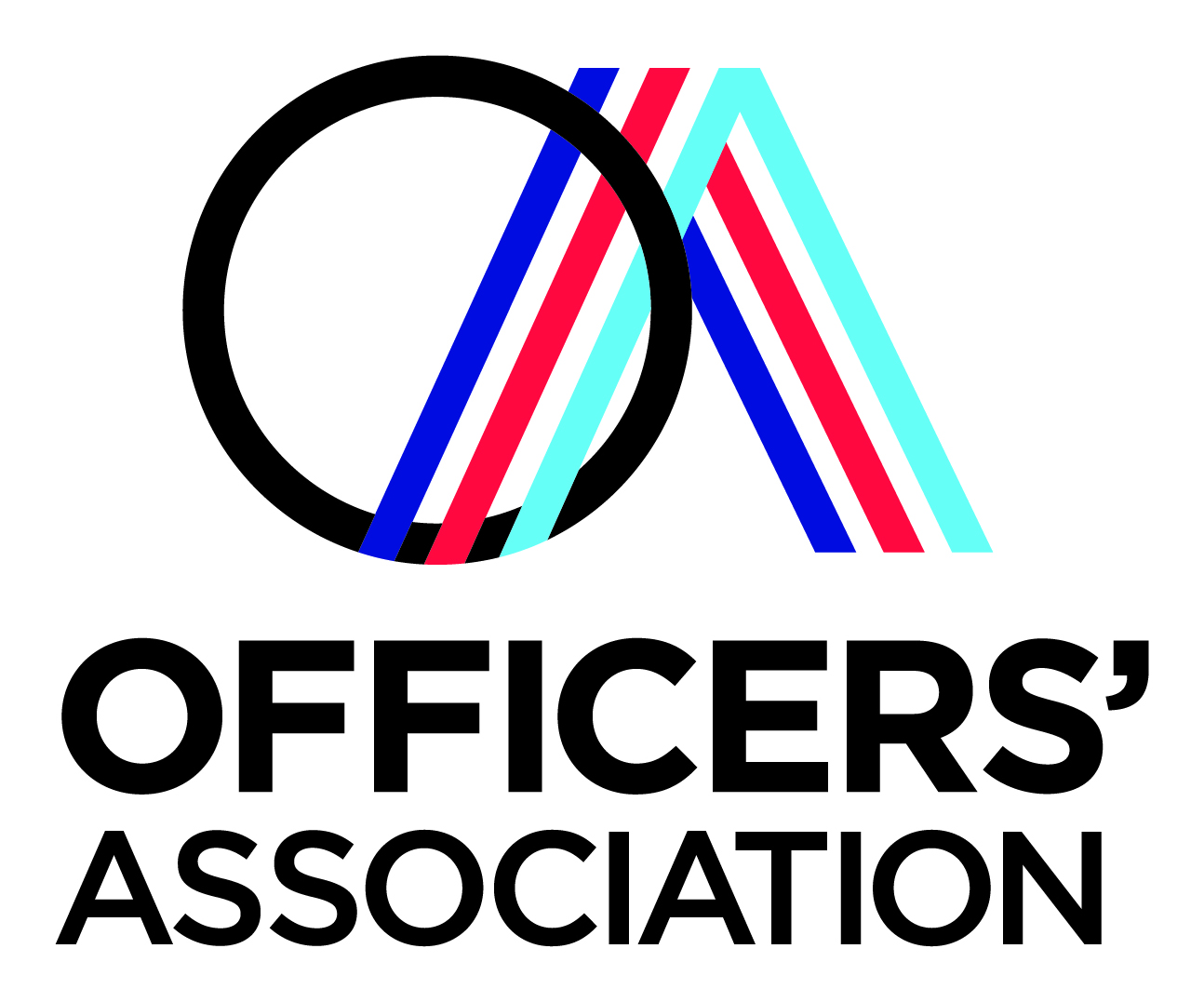John Lees is a leading career strategist and author of How to Get a Job You Love. He shares six steps to help you find the right job.
Work absorbs a great deal of your best energy and attention, and takes out a large chunk of your working life – so choosing

If you’ve enjoyed your career to date, why not aim at a job you enjoy? You may have an instinct for the kind of role that feels worth doing, but feel disappointed at what’s on offer in the jobs market. How do you keep your sights high when only dull jobs seem to be advertised, and even after spending all day online, few interview opportunities come your way?
Here are six tips to help you move towards a job that feels worth getting up for on a cold winter morning.
1. Be clear on what floats your boat. What energises you in work? Build up a wish list – work outcomes that feel meaningful, challenges that inspire you, and the kind of people you enjoy working alongside. Aim to match 7 items in your top 10.
2. Catalogue your strengths. Make a list of your know-how, abilities, and skills. Write a long list and include concrete examples, and then choose the best details for your CV – your shop window. Scrutinise advertised roles to pick up the language civilian employers use to describe top performers.
3. Reach out before you need to. The internet is a red-hot research tool but a poor door opener. Find people to encourage you and give you feedback about your evidence, and then find people who will make sure your name comes up even if you’re not in the room – the key to the hidden job market. Make your online network active well before job hunting. Make sure your LinkedIn profile offers an attractive shop window for your talents, and use social media to connect with interesting people, organisations, and discussion groups.
4. Organise your curiosity. Talk to people in interesting jobs. Use the OA network to find great contacts. Find out how they won the job, and what employers are currently looking for. Discover target job titles. Dig deep to find out how organisations are developing and changing. Keep asking “who else should I be talking to?”
5. Develop a short summary of your ideal job. Forget your last job title – outline two skills you want to build on, and then describe the kinds of organisation you find exciting. Practise talking about yourself (it’s easier to discuss what interests you than talk about your strengths…).
6. Search like a pro. Seek out organisations, people, brands and services that really appeal to you. Don’t apply for jobs randomly, but target roles which make sense as the next chapter in your career story.
Watch the Interview
We interviewed John Lees at the OA Officers’ Careers Forum in December. He talked about the common mistakes officers make when looking for a job.
Get Tailored Career Advice
A career consultation is invaluable wherever you are in your transition journey. Our career consultants provide independent advice and support tailored to your needs. They can help you to explore different career paths and review your CV.
To book your free appointment, register with the OA.

















